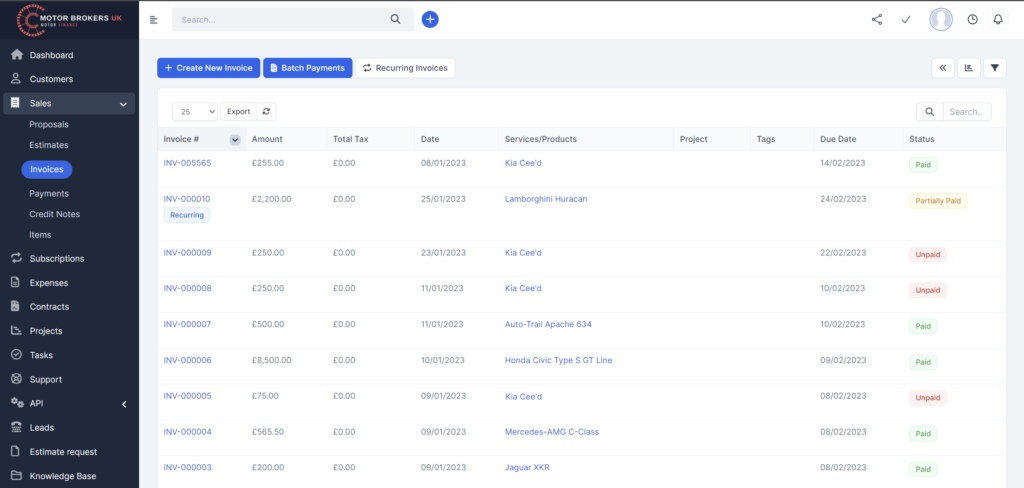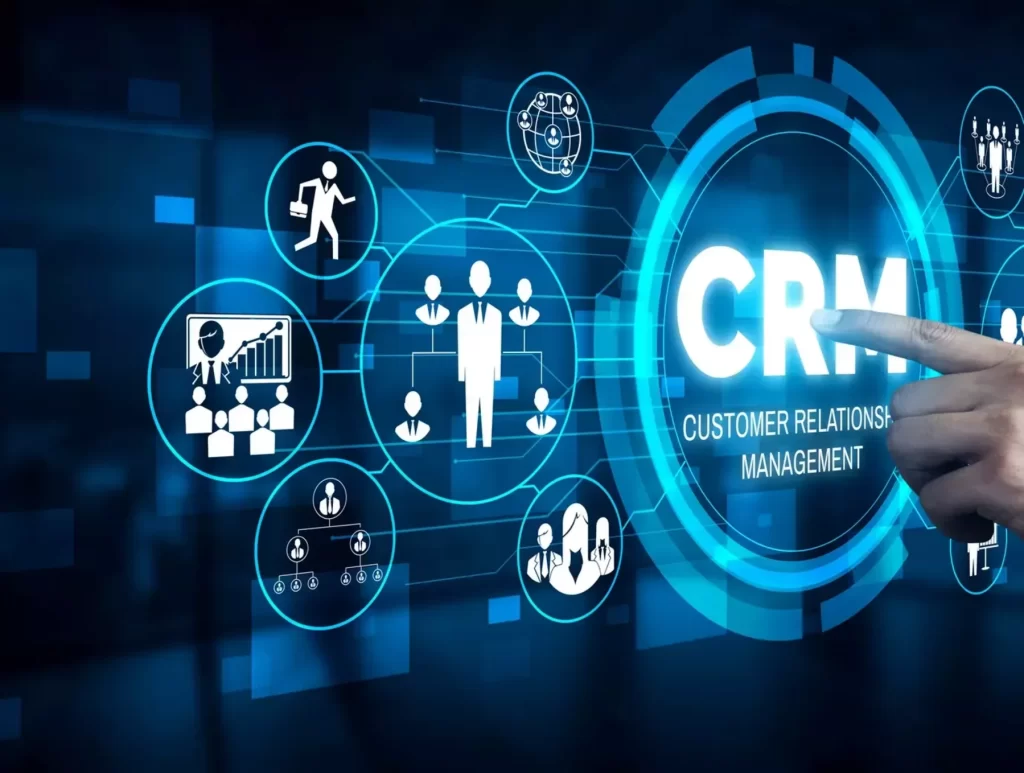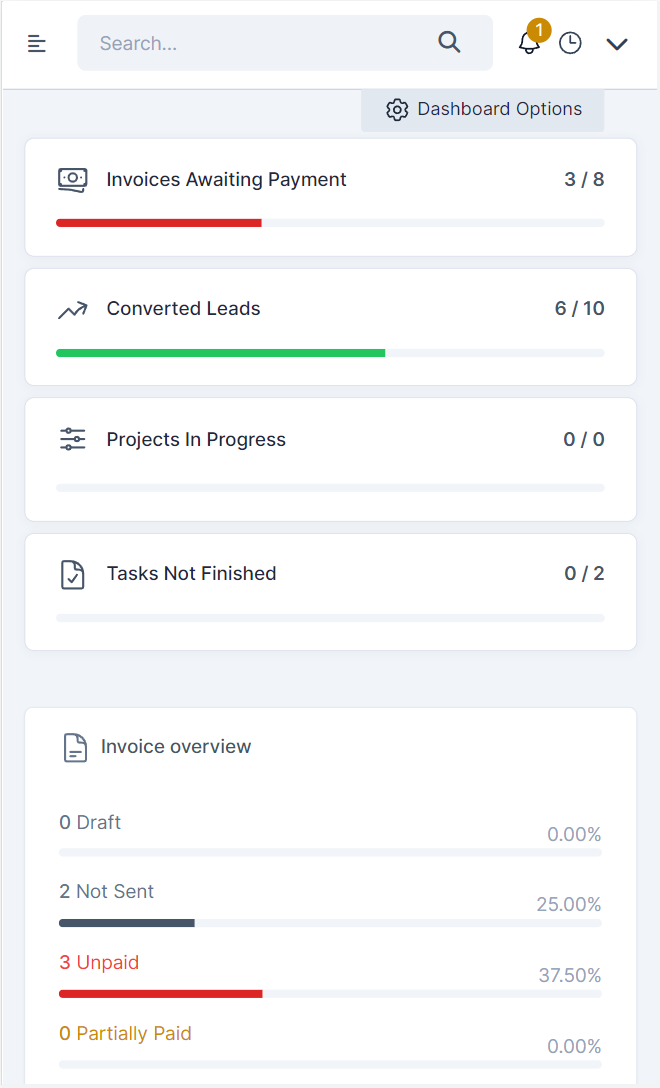Customer relationship management is known as CRM. It’s a piece of technology used to control communications with current and prospective clients. Organizations can increase sales, enhance customer service, and boost profitability by using a CRM system to develop client relationships and streamline processes.

A CRM system, a tool used for contact management, sales management, agent productivity, and other purposes, is what we typically mean when we speak about CRM. Simple is the aim of a CRM system: To expand your company, and strengthen your business relationships. Throughout the complete customer lifecycle and at each marketing, sales, e-commerce, and customer support interaction, CRM tools assist you in managing customer relationships.
What does the term CRM refer to?
CRM enables users to concentrate on their company’s connections with specific individuals, such as clients, service users, coworkers, or suppliers.
Any of the following three items could be meant when someone mentions CRM:
- CRM as Technology: This is a technological product that teams use to document, report, and analyse interactions between the business and users. It is frequently in the cloud. A CRM system or service is another name for this.
- CRM as a Strategy: This is a company’s guiding principle for managing relationships with clients and prospective clients.
- Think of CRM as a process that a company uses to cultivate and manage those connections.
What is a CRM used for?
CRM software keeps track of client contact data, including phone, email, website, social media profiles, and more. Additionally, it can automatically pull in additional data, like recent business news, and store specifics like a client’s individual communication preferences.
The CRM system arranges this data to provide you with a thorough record of people and organisations so you can better understand your relationships over time.
By building a 360-degree view of the customer, documenting their interactions with the company, and surfacing the data required to have more fruitful discussions with customers, CRM software enhances customer relationship management.
Let's start with a demo!
Get in touch today and let’s get you started with a free 14-day free trial and one month free!
Why is CRM a crucial tool in our business?
Using CRM, a company can strengthen connections with its clients, service users, employees, partners, and vendors.
For customer acquisition and retention, which is at the core of a CRM’s purpose, building strong relationships and keeping track of prospects and customers is essential. An easy-to-use, customizable dashboard lets you see everything in one spot. It can inform you about a customer’s previous interactions with you, the status of their orders, any unresolved customer service issues, and more.
You are aware that you require a future plan if your company is to endure. A CRM serves as the foundation for this strategy for businesses that consider strategic.
How does CRM help various business functions?
While CRM has historically been used as a sales and marketing tool, other areas like customer service, HR, supply chain, and partner management can also benefit greatly from its use.
Here are some ways that using CRM benefits various company functions:
CRM can help sales teams better comprehend their sales pipeline.
Sales managers can see how well specific sales teams, products, and campaigns are performing as well as obtain reliable information about how well each team member is doing in reaching their sales goals.
Sales representatives gain from less administrative work, a better knowledge of their clients, and the chance to spend more time selling rather than entering data.
CRM can be used by marketing teams to streamline and improve planning.
They can map out the entire customer journey from enquiry to sale and gain clear visibility over every chance or lead, giving them a better grasp of the sales pipeline or potential new work coming in.
Additionally, it is possible to incorporate data from consumers’ open social media interactions, such as their preferences and opinions of particular products and companies.
Teams providing customer support can efficiently monitor conversations across channels.
A customer may voice a concern on one platform, like Twitter or Facebook, but then use email, phone, or live chat to have a private discussion about it.
Without a standard platform for customer interactions, messages may be overlooked or buried under a deluge of data, resulting in an inadequate response to a valuable customer.
Teams in charge of partner management, supply chain, and procurement can better handle relationships.
They can keep track of talks with vendors and business partners, document requests made, include helpful notes, plan follow-ups, and keep track of anticipated next steps.
Businesses can manage their complete supply chain more efficiently by using reporting to compare the effectiveness of their suppliers.
CRM can be used by the HR department to speed up the hiring process and monitor employee success. CRM can assist the HR department by accelerating the on-boarding process, automating the management of candidates, analysing resource requirements and finding skills gaps, and supporting the pursuit of staff retention goals.
Imagine how easy it would be to combine all the data streams coming from sales teams, customer support representatives, marketers, and social media—and turn them into useful business information. A CRM platform provides sales, service, marketing, and other departments an integrated view and allows you to handle these streams of information across channels without losing track.







